Ho Chi Minh City: Epilepsy patients admitted to Military Hospital 175 are second only to stroke patients, and many cases are mistaken for mental illness.
"Currently, not many people are interested in or understand epilepsy, and there are still many misconceptions about the disease, while the number of people suffering from it is quite large," said Dr. Hoang Tien Trong Nghia, Head of the Department of Neurology, Military Hospital 175, on the sidelines of a conference organized by the hospital in coordination with the Vietnam Anti-Epilepsy Association, with many international experts in attendance, on April 14.
To date, Vietnam has not yet had statistics on the number of people suffering from this chronic disease. In the hospital's Department of Neurology, the number of stroke patients accounts for about 50%, followed by the epilepsy group accounting for about 20-30%, and the rest are other diseases.
Epilepsy occurs when there are abnormal or excessive synchronous brain activity episodes, manifesting with different symptoms. The disease can be caused by genes, metabolic disorders, brain structure abnormalities or occur after brain damage such as traumatic brain injury, sequelae after stroke... According to the latest classification of the International League Against Epilepsy, the disease has 3 main types, including generalized epilepsy, partial epilepsy and unspecified epilepsy.
"When it comes to epilepsy, people often think of convulsions, but in fact, depending on the affected brain area, the symptoms of an epileptic seizure will be different and very diverse," said the doctor.
In some cases, doctors can easily recognize the spasms and convulsions, but there are also patients who only have very difficult to describe and difficult to recognize seizures. In particular, if they occur in the temporal lobe, patients often have behavioral disorders. On the contrary, many cases of seizures are not necessarily epilepsy, because they are caused by hypoglycemia, nerve infections, etc. Therefore, diagnosing epilepsy is sometimes difficult.
Many patients come to the hospital after a long period of antipsychotic treatment in many places without recovery, because of confusing symptoms such as screaming, agitation, panic or lethargy as well as other behavioral disorders, hyperactivity of limbs. The attacks mostly occur in a short period of time and then return to normal, but repeat in the same way. After examination, performing paraclinical tests, combined with surveys using machines at the Clinical Neurophysiology Unit, the patient is diagnosed with epilepsy and responds well to treatment. Many patients recover and return to their daily work, instead of having to stay at home to cope with unusual attacks.

Doctor Nghia (right) and colleagues discuss a patient's condition. Photo: Chinh Tran
Currently, medication is still the most commonly used treatment for epilepsy. However, among diagnosed epilepsy patients, about 30% respond poorly to medication, despite using many new types. This is even more difficult when in Vietnam, the number of anti-epileptic drugs is limited.
Dr. Nguyen Anh Tuan, Head of the Department of Neurology, Viet Duc Hospital, said that on this occasion, the Vietnam Anti-Epilepsy Association has developed guidelines for the diagnosis and treatment of epilepsy for the first time. Currently, there are many international guidelines but they are not completely unified in diagnosis and treatment, many things are not suitable for the reality in Vietnam. Among them, many expensive drugs are not suitable for Vietnamese income or many drugs are not available, many advanced treatment methods have not been widely implemented in our country.
The Association is strengthening the organization of training programs to help doctors, especially at the grassroots level, have the right approach and know how to use EEG to identify and classify epileptic patients. If the case is severe and cannot be treated, the frontline doctor will refer the patient to specialized centers for timely treatment. In recent years, some centers in Vietnam have made many advances in epilepsy surgery, helping patients who do not respond to medication, i.e. resistant epilepsy, have the opportunity to recover and return to normal life.
Dr. Nghia recommends that people who experience abnormalities should seek medical attention early for early diagnosis. Good and timely control not only helps patients return to normal life and avoid potentially life-threatening situations, but also helps prevent the risk of irreversible brain damage.
Epileptic patients need to adhere to long-term medication as directed by their doctor. Do not stop taking medication on your own when your condition is stable, because in many cases symptoms reappear when you stop taking the medication. Do not stay up late or drink alcohol, as these are factors that contribute to triggering epileptic seizures.
Le Phuong
Source link











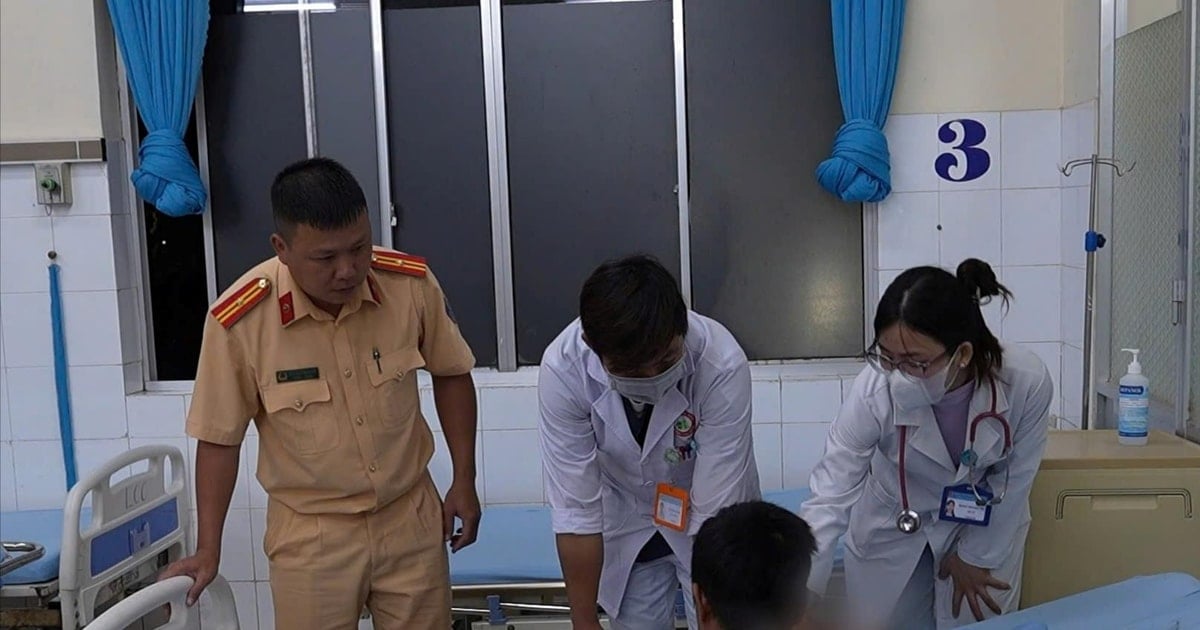

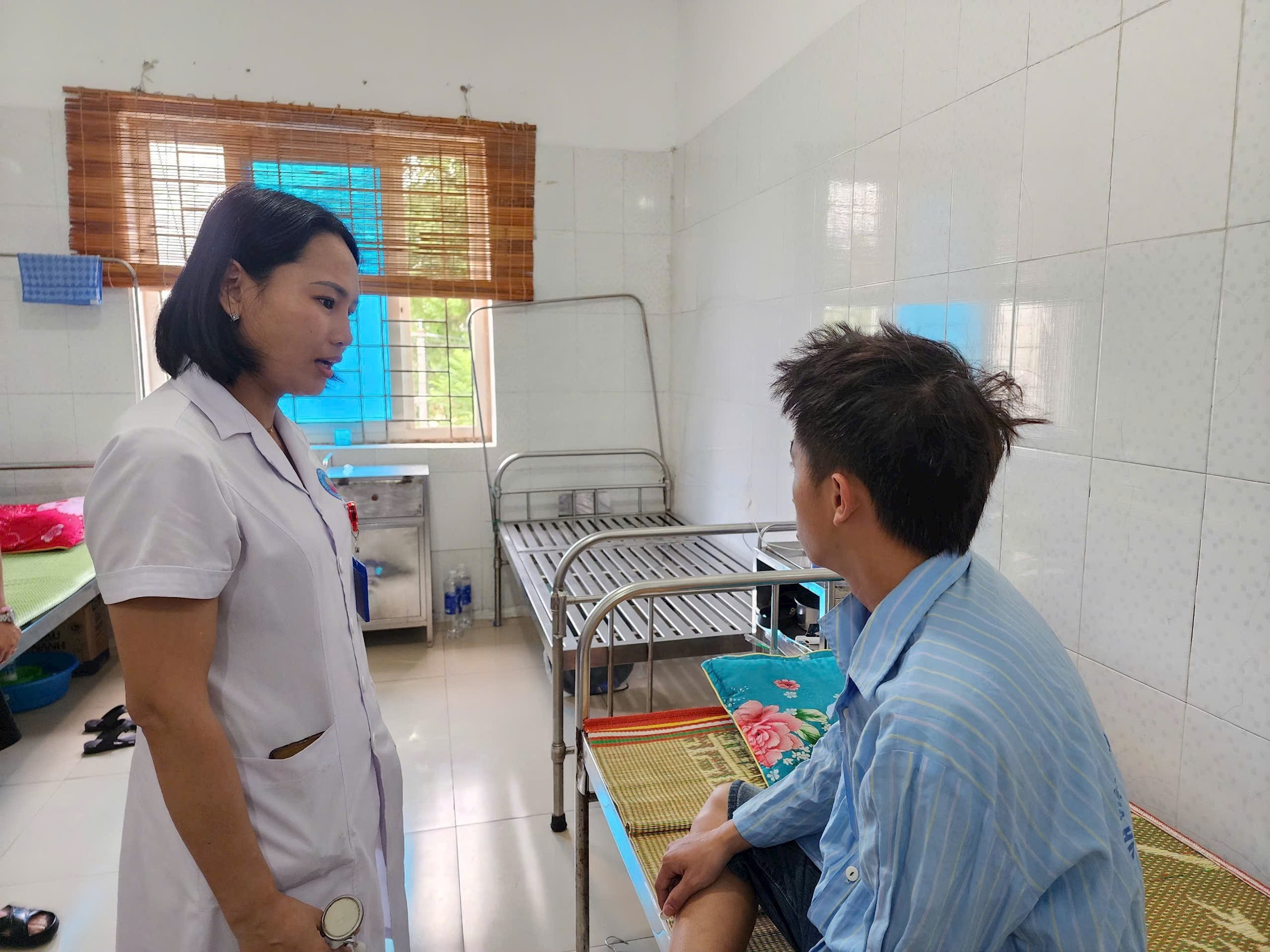





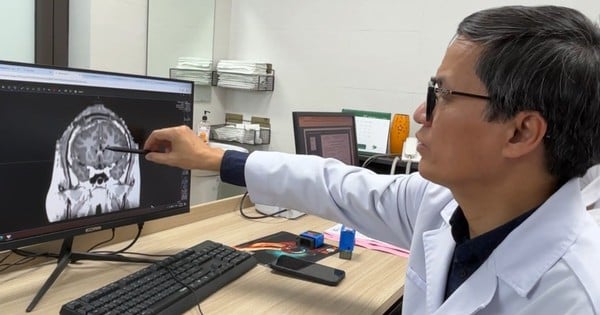
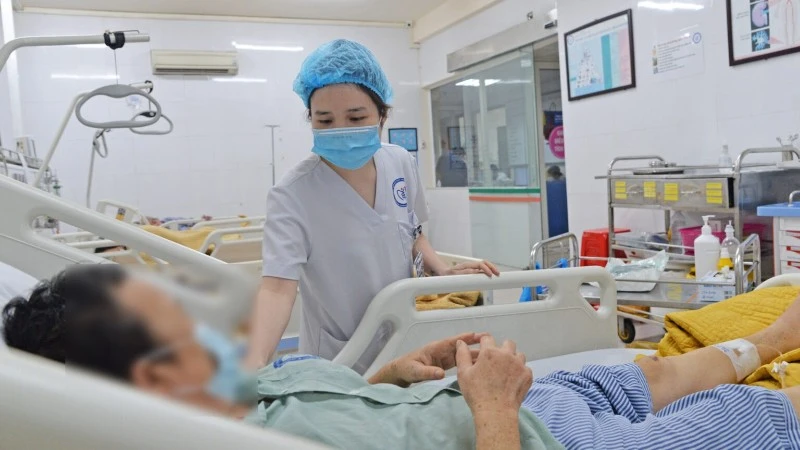






![[Video] Xanh Pon Hospital receives First Class Labor Medal](https://vstatic.vietnam.vn/vietnam/resource/IMAGE/2025/8/22/ce0741946f464e95a2030d6bd1da7139)








![[Photo] President Luong Cuong attends special political-artistic television show "Golden Opportunity"](https://vstatic.vietnam.vn/vietnam/resource/IMAGE/2025/8/22/44ca13c28fa7476796f9aa3618ff74c4)



































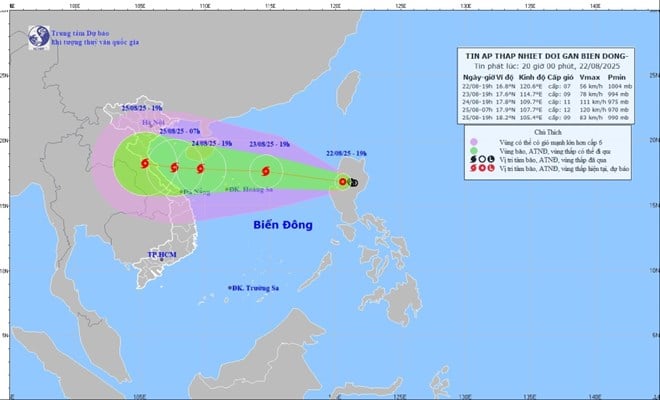







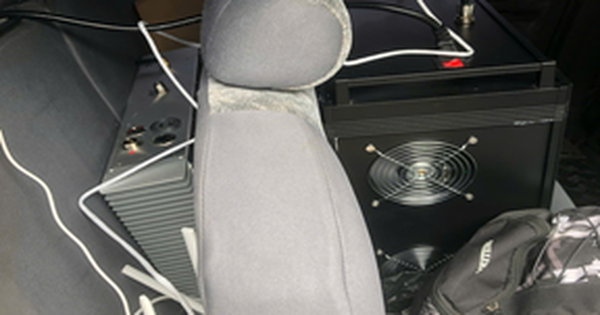



























Comment (0)